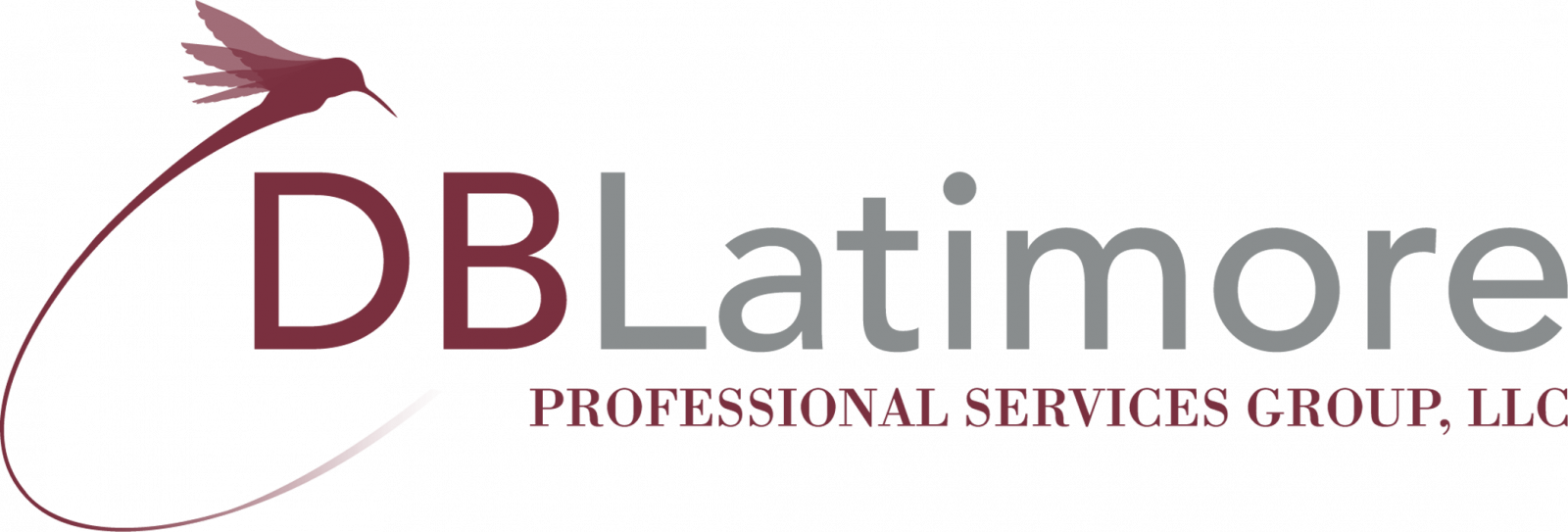Have you ever wondered why some people are optimistic and others are pessimistic? Or have you noticed that two employees can attend the same event and report on the event very differently, a positive account and a negative account. I am convinced that an optimistic and pessimistic attitude can be assessed based on how the individual uses conjunctions.
Conjunctions are used to express relationships between things in a situation, link different clauses and to combine sentences. If you are from the Schoolhouse Rock era, like I am, then the function of a conjunction is “Hooking up words and phrases and clauses….” There are only seven coordinating conjunctions: For, And, Yet, So, Nor, But, Or.
Optimism is a mental attitude focused on the expectation that the outcome of a given situation will be good or positive. Optimistic communication uses the conjunctions “for, and, yet, so”.
Pessimism is the mental attitude based on the expectation that the worst will occur in any situation. Pessimistic conversation overly uses the conjunctions “nor, but, or…..”
Some people are optimists and others are pessimists. However, optimism isn’t an accident—it’s a skill that can be learned, one that can help us feel better and greatly improve our lives.
Martin Seligman, psychologist and clinical researcher, has spent 25 years studying optimism and pessimism. In his bestselling book, How to Change Your Mind and Your Life, he states that pessimistic thinking can undermine not just our behavior but our success in all areas of our lives.
“Pessimism is escapable,” he writes. “Pessimists can learn to be optimists.”
Optimism is not just a feel-good strategy. When we focus our attention on our innate character strengths (wisdom, courage, compassion) and all we have, rather than our perceived failures and what we don’t have, we boost not only our moods, but our immune system and success levels as well. Research has shown that optimistic people tend to be healthier and experience more success in life.
To alter our lives—and the challenges we face—we must first recognize what we say to ourselves when we experience a setback. By breaking what Seligman calls the “I give up” pattern of thinking and changing our interior negative dialogue, we can encourage optimism.
Are you an optimist or a pessimist? Coaching is an excellent resource for exploring your communication style and how it is impacting your life. This month I challenge you to manage your communication and moved to a more positive state in all aspects of your life. I welcome the opportunity to engage with you on developing an optimistic outlook, through coaching and mental mapping. Don’t hesitate to contact me.
Author’s content used under license, © 2008 Claire Communications



